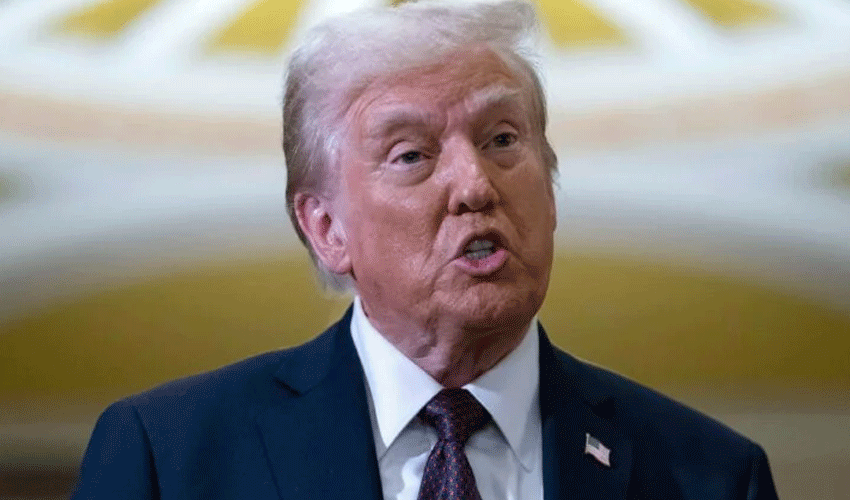The Federal Board of Revenue (FBR) is set to initiate today the process of blocking 506,671 mobile phone SIMs belonging to non-filers of tax returns.
Starting today, telecom operators will commence the process of sending warning messages to the first batch of non-filers, totalling 5,000 individuals in the first phase. The list of these 5,000 individuals was sent to the telecom operators by the FBR on Friday.
These warnings serve as a precursor to the imminent blocking of mobile SIMs for those all who fail to file their tax returns.
Also Read: FBR considers legal action against non-blocking of tax non-filers' SIMs
The FBR, in collaboration with telecom operators, has devised a phased approach to manage the process effectively. The telecom operators have agreed to manually block SIMs in small groups.
Furthermore, according to the FBR orders, the telecom operators will be provided with details of more non-filers on a daily basis.
Also Read: Telecom companies challenge FBR's move to block SIMs
A spokesperson for the FBR emphasized that blocking SIMs of non-filers is expected to yield tangible benefits in terms of increased tax collection. By compelling individuals to fulfil their tax obligations, the FBR aims to strengthen the country's revenue base and promote fiscal sustainability.
On Friday, the FBR had announced its intention to pursue legal action against the non-blocking of SIMs belonging to over 500,000 tax non-filers.
Also Read: PTA rejects FBR's request to block non-tax filers' mobile SIMs
Concerned about the disruption caused by the failure to enforce SIM closure, the FBR said it was exploring alternative measures to address the issue, including the proposal of imposing a 2.5% additional withholding tax on mobile phone usage by non-filers.
According to FBR sources, if the Pakistan Telecommunication Authority (PTA) and telecom companies did not comply with the directive to block SIMs of non-filers by May 15, the bureau will initiate legal proceedings. An application was set to be filed in the Islamabad High Court against both the PTA and telecom companies for their failure to enforce the regulatory requirement.



























